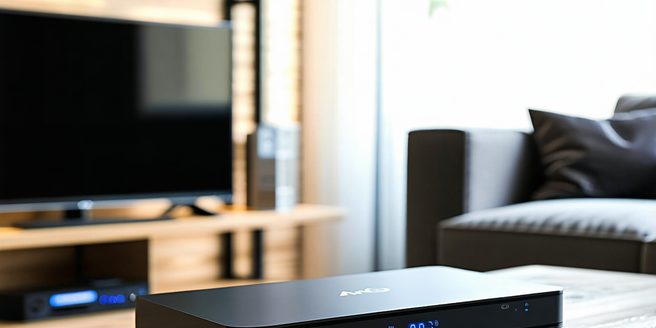Improving Your Online Game Experience

Optimizing Your Internet Connection
To optimize your internet connection, ensure that your router is positioned centrally in your home to maximize signal distribution. Consider switching to a wired connection using an Ethernet cable for stable, fast access. Check your internet plan to ensure it matches your gaming needs; sometimes upgrading can make a significant difference. Regularly reset your modem and router to clear any temporary issues. Use online speed tests to verify that you’re getting the speeds you’re paying for. Be mindful of other devices connected to your network as they can consume bandwidth, leading to reduced performance. Finally, minimize latency by closing any unnecessary background applications and processes on your computer or devices.
Choosing the Right Hardware
Selecting the appropriate hardware is essential for an enjoyable gaming experience. Start by investing in a powerful processor and sufficient RAM to handle modern games’ demands. Graphics cards play a critical role in rendering high-quality visuals, so choose one that fits your budget but also meets current gaming requirements. A fast SSD can drastically reduce game load times, enhancing your experience. Additionally, ensure that your motherboard supports these components to avoid compatibility issues. A quality monitor with high refresh rates and low response times can also provide smoother gameplay. Lastly, reliable peripherals like a gaming mouse and mechanical keyboard can improve performance and comfort during extended gaming sessions.
Adjusting In-Game Settings
Adjusting in-game settings can significantly impact your gameplay performance. Start by setting your resolution to match your monitor’s native resolution for optimal clarity. Check graphical settings such as textures, shadows, and effects; lowering these can increase frame rates for smoother play. Experiment with V-Sync or G-Sync to eliminate screen tearing. Adjust your field of view (FOV) settings to find a balance between immersive vision and performance. Mouse sensitivity and key bindings should be customized to your preference for precise control. Enable or disable features like motion blur and anti-aliasing depending on your system’s capabilities. Regularly update your graphics drivers to ensure the best performance and stability.
Reducing Latency and Lag
High latency and lag can ruin any gaming experience. Begin by prioritizing your game traffic within your router settings using QoS (Quality of Service) features. Close other background applications that might be consuming bandwidth. If possible, opt for a wired connection over wireless to reduce interference and latency. Regularly check for software updates and patches that might address connectivity issues. Consider using a gaming VPN, which may improve routing efficiency and reduce lag. Ensure that your antivirus is not blocking or slowing your game traffic. Lastly, servers and geographic locations play a tremendous role; therefore, select a server closest to your location for the best performance.
Enhancing Graphics for Performance
Enhancing graphics quality without sacrificing performance is a balancing act. Start by determining your hardware’s capabilities and configure graphics settings accordingly. Reduce settings like shadows, reflections, and textures to improve performance if needed. Use resolution scaling or windowed mode to test different resolutions and find what works best. Keep your graphics drivers up-to-date and utilize software features like NVIDIA’s GeForce Experience or AMD’s Radeon Software to optimize settings automatically. Many games offer presets; try these to see if they provide a more balanced performance. Tweak individual settings if presets aren’t satisfactory, focusing on parameters that offer the highest performance gains with minimal visual compromise.
Engaging with the Gaming Community
Engaging with the gaming community can elevate your gaming experience by offering camaraderie, insights, and support. Join online forums and social media groups dedicated to your favorite games to connect with like-minded individuals. Participate in community events or online tournaments to test your skills and learn new strategies. Twitch and YouTube gaming channels also provide valuable tutorials and entertaining content. Being active in such spaces can lead to new friendships and teaming opportunities. Contributing to discussions, sharing your knowledge, and providing support can enhance your reputation within the community, leading to a more enriching gaming journey.